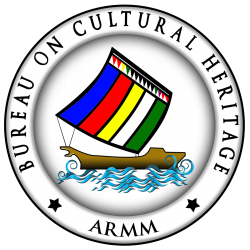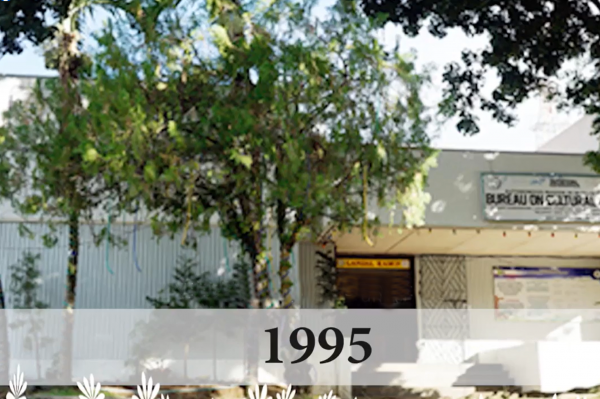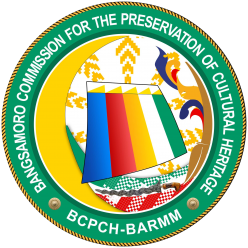


HISTORY
The creation of Bureau on Cultural Heritage – ARMM started with a humble beginning on preservation and promotion of the cultural identity and region’s history.
The initiative for cultural advocacy started during the administration of Commissioner Simeon A. Datumanong of the Regional Commission XII on January 7, 1977 wherein an Executive Order No. 37 was signed, creating the Regional Cultural Heritage Council (RCHC). This was composed of government and non-government organizations and was primarily tasked to preserve, revive the Cultural Heritage of the region. Later years, RCHC was replaced into Regional Cultural Heritage Affairs Services (RCAS) having the same function.
On August 1, 1990, Office on Cultural Affairs (OCA) was established superseding the RCAS. This action was executed by Former Governor Zacaria A. Candao having his guiding principle based on the provisions of R.A. 6734 (Law creating ARMM).
Three years later, the Regional Legislative Assembly passed Muslim Mindanao Autonomy Act No. 31 creating the Bureau on Cultural Heritage – ARMM (BCH-ARMM) during the time of Former Regional Governor Lininding P. Pangandaman issued Executive Order No. 3 series of 1995 to operationalize the newly created cultural armm of the autonomous government.
To date, the Bureau on Cultural Heritage (BCH) upon deliberation of the proposed bill sponsored by the Members of the Parliament and upon approval of the Intern Chief Minister Ahod B. Ibrahim shall be called the Bangsamoro Commission on the Presentation of Culture Heritage (BCPCH) as stated in section 24 and section 25 under Arts and Culture of Republic Act 11054 also known as the Organic Law for the Bangsamoro Autnomous Region in Muslim Mindanao.
As such, its shall have the primary responsibility to write the history of the Bangsamoro people and to establish and sustain the cultural institutions, programs and projects in the Bangsamoro Autonomous Region coordinating and working closely with the National Commission for Culture and the Arts (NCCA), the National Historical Commission of the Philippines (NHCP), the National Museum of the Philippine (NMP) and other concerned cultural agencies.
